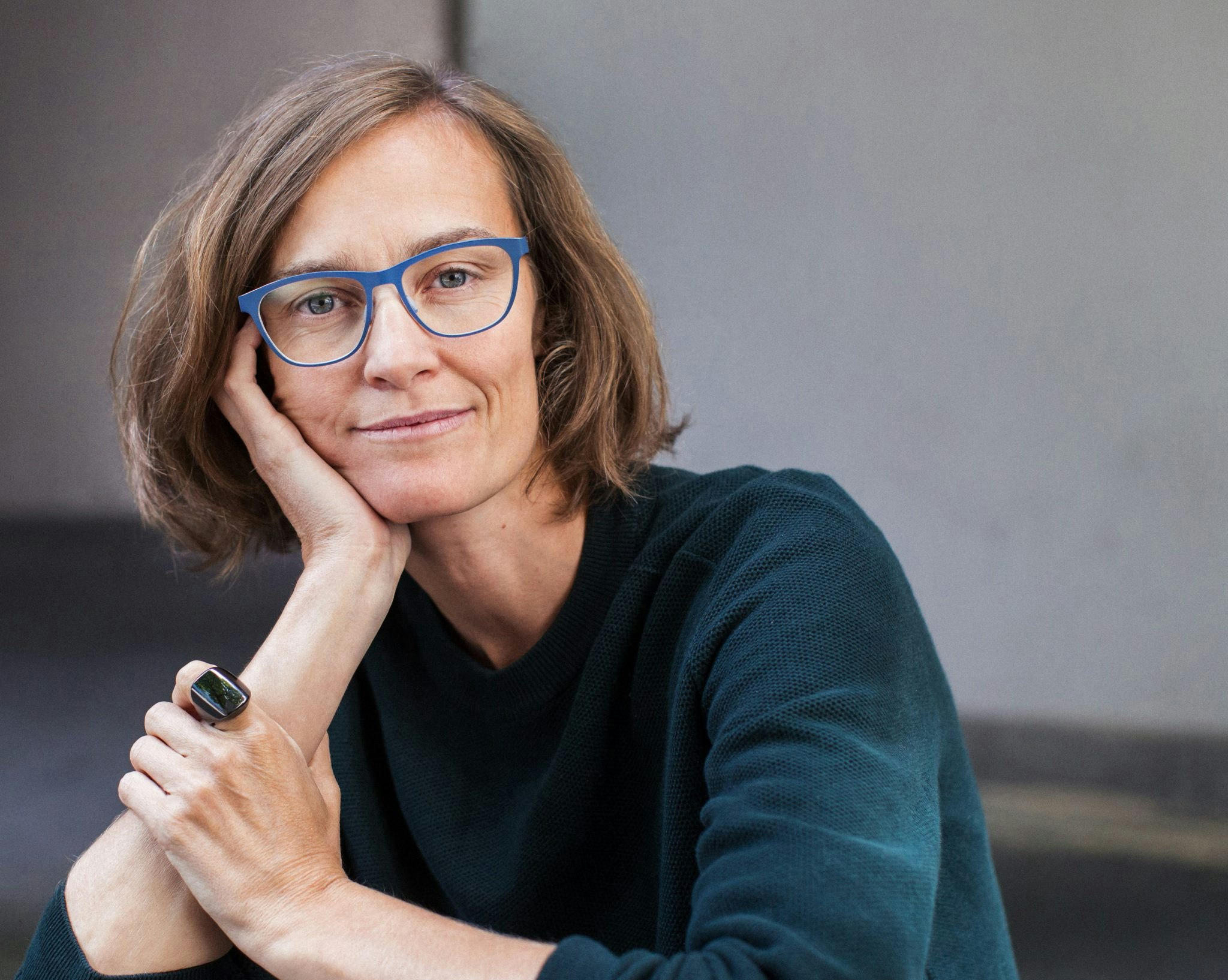Most startups find it hard to fill their cap tables with an equal split of female and male investors. Most investors, too, find it difficult to maintain a good gender balance in the individuals they raise money from.
But Thea Messel, founder of new Nordic microfund Unconventional Ventures, which backs underrepresented founders, didn’t find it so hard: 85% of the investors in its first €125,000 fund are female.
“There are so many women out there who want to see change and have experienced these biases themselves,” says Messel (in 2018 only 1% of all venture capital invested in the Nordics went to all-female founding teams and 11% to mixed-gender teams). “They want to do something good with their money.”
Messel’s first backer was Arlan Hamilton, founder of US venture fund Backstage Capital, which has invested in over 120 companies led by underrepresented founders. Other prominent backers of Unconventional Ventures include Johan Brand, founder of learning platform Kahoot! and Hampus Jakobsson, a well-known angel investor in the Nordics. Unconventional Ventures is also partnering with LEGO Ventures to provide its portfolio with non-financial support.
Making investing accessible
A large percentage of female investors is not the only unusual thing about Unconventional Ventures: some of its 60 backers have invested fairly small amounts of capital, with contributions ranging from €500 to €20,000.
“I wanted to set up a vehicle that was accessible for people like you and me; people who don’t have €100,000 to commit to a fund,” says Messel, who sourced investors through her own network and also received some inbound interest. As a result, her backers are a varied bunch. She tells Sifted they include some corporate senior executives, some younger people working in venture or at startups interested in investing themselves, and some people who are simply interested in “activating their money in a different way”. The hope is that some of these backers will also support startups with advice and introductions.
To date Unconventional Ventures has invested in eight startups led by underrepresented founders (defined as women, LGBTQ people, people of colour and immigrants). The portfolio includes Ceretai, which has built a tool to analyse diversity in media, Progress Me, an app which supports people with eating disorders, and Grim, a marketplace for surplus organic fruit and veg.
Sourcing deals is easy, says Messel: “Quite quickly word got out on the street about what our fund is focusing on; I get so much inbound.”
Raising a big fund is much harder. Messel originally planned to raise a larger fund but struggled to close it — or make it accessible to the kinds of investors she wanted to be involved. Next year, however, Messel hopes to raise a second, larger fund — and source investment from far beyond her personal network.
Firms funding underrepresented founders
Unconventional Ventures is part of a (slowly) growing group of investors backing underrepresented founders. In the US Arlan Hamilton’s Backstage Capital (“a huge inspiration”) is one of the best-known; it has also run an accelerator programme in London. Another US firm Jane VC invests in European founders, while in Europe Sweden’s Backing Minds “looks for potential that others overlook” and in the UK Voulez Capital invests solely in female-founded businesses. Silvergate Investments, a VC run by Waheed Alli and Jana Bakunina, also has a mission to invest in underrepresented founders. Sifted knows of several more funds being raised at the moment with the same goal.
Messel welcomes them all: “The more funds there are out there with this strategy, the better it will be for underrepresented founders.”
She’d also like to see limited partners pushing venture capital funds to prioritise finding and investing in underrepresented founders. “I would like to see more activeness from bigger LPs [limited partners] on tracking diversity and impact in general,” she says. LPs could at least mandate the venture capital funds they invest in to report how many underrepresented founders they meet, review and end up backing.


